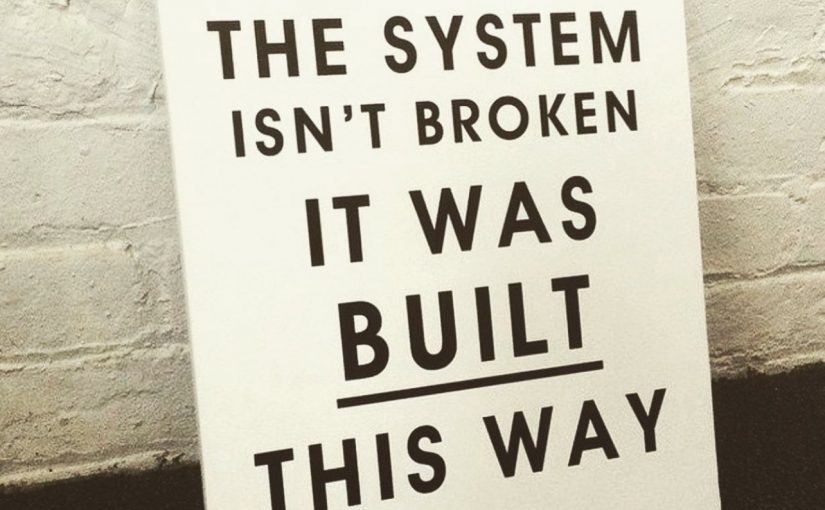Grassroots activism has undergone significant ups and downs over the past four decades, particularly within digital communication and organizing. This post provides an overview of the challenges and successes experienced by grassroots activists during this time period, focusing on the evolution of the #openweb and its eventual decline. It explores the ideological underpinnings of internet projects, the impact of funding and #mainstreaming efforts, and the shifting dynamics between open and closed systems. By examining these trends, we can better understand the complex interplay between technology, ideology, and activism.
The rise of the open internet, was a surge of enthusiasm for #4opens and decentralized communication paths. Projects like early #indymedia, blogging platforms, wikis, and peer-to-peer networks flourished, driven by an ethos of democratization and empowerment. These offered people and grassroots movements opportunities to connect, collaborate, and mobilize on a global scale. The ideology of the #openweb, rooted in #4opens principles, captured the imaginations of many activists seeking to challenge established power structures.
However, alongside the growth of #openweb projects, there were also significant challenges and tensions. The influx of funding from state, foundation, and #NGO sources brought both opportunities and risks. While funding provided vital resources for development and expansion, it also introduced pressures to conform to #mainstreaming norms and intrenched #geekproblem agendas. Additionally, as open internet projects gained popularity, they became susceptible to co-option and manipulation by corporate interests seeking to capitalize on the growing community interest.
The fall of the openweb, despite early successes, the internet eventually faced a decline, marked by the erosion of its ideological foundations and the resurgence of closed, centralized platforms, the #dotcons. One factor in this decline was the failure of many openweb projects to align with the dominant ideology of the web itself. The pushing of non-native common sense. While some projects embraced trust-based anarchism and decentralized governance, others veered towards more hierarchical and exclusionary paths.
The rise of a new generation of technologists and entrepreneurs, shaped by #neoliberal ideologies of individualism and competition, led to a merging of open and closed paths. This shift towards closed platforms, controlled by a handful of corporate giants, undermined the diversity and resilience of the “native” openweb. The very chaos that once protected the openweb from vertical integration and monopolization was replaced by a homogenized landscape dominated by a few #dotcons.
Challenges and opportunities, in the face of these challenges, grassroots activists grapple with the complexities of a landscape that is hostile to their values and principles. The siloed nature of many media projects are a barrier to collective action and solidarity, limiting their impact and longevity. However, there are also opportunities for resistance and resilience, through the cultivation of networks based on mutual aid and cooperation like the #OMN
Conclusion, the trajectory of grassroots activism in the UK over the past four decades reflects the broader shifts and tensions within the #mainstreaming path. The rise and fall of the openweb mirrors the struggles of activists to carve out spaces for dissent and resistance in corporatized and surveilled environments. By using the #4opens to examining the ideological underpinnings of internet projects and exploring alternative paths in organizing, activists work towards reclaiming the path of a more open and decentralized future.
